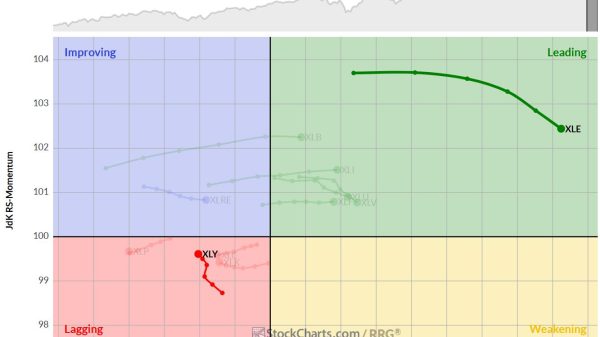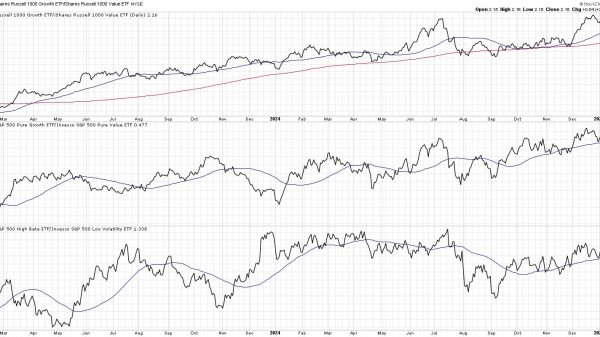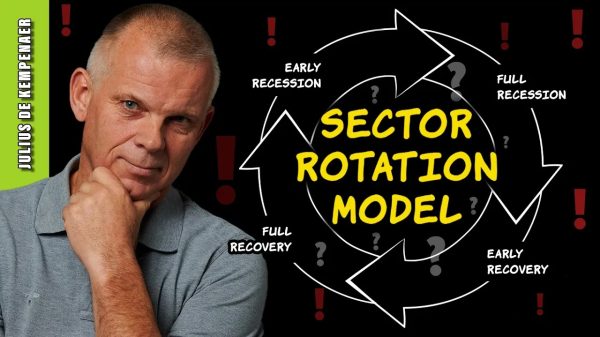A reader recently reminded me that North Korea’s official name is the Democratic People’s Republic of Korea. North Korea’s bitterly ironic naming convention has been used by other totalitarian states. The German Democratic Republic was the official name for East Germany. The genocidal government of Pol Pot in Cambodia was known as Democratic Kampuchea. South Yemen’s breakaway communist regime was known as the People’s Democratic Republic of Yemen.
We know from those who have escaped from North Korea that despite their extreme suffering, people there are told they are living in the greatest country in the world. As FA Hayek explained in The Road to Serfdom, “If the feeling of oppression in totalitarian countries is in general much less acute than most people in liberal countries imagine, this is because the totalitarian governments succeed to a high degree in making people think as they want them to.”
The American identity revolves around freedom. In one survey, 91 percent of Americans shared that freedom is their most important value. In another survey, 91 percent of Americans said, “the right to vote is either extremely or very important to the nation’s identity.” As for preserving freedom, 94 percent say “the US Constitution is ‘important’ to protect their liberty and freedom.”
Reasonable people might be concerned about whether most Americans grasp the true meaning of freedom. Collectivists have successfully led people to believe that democracy is synonymous with freedom. Some individuals genuinely believe that by defending our democracy, they are safeguarding freedom. They have confused the classical liberal ideal of freedom with what FA Hayek called political freedom, “the participation of men in the choice of their government, in the process of legislation, and in the control of administration.”
Voting doesn’t guarantee a society will move toward minimizing “coercion or its harmful effects.” Hayek calls us to remember, “we have seen millions voting themselves into complete dependence on a tyrant [and] has made our generation understand that to choose one’s government is not necessarily to secure freedom.”
In his 1960 work The Constitution of Liberty, Hayek described how the “partial realization” of “the ideal of freedom” is what “made possible the achievements of [Western] civilization.” He continued with this warning: “We must hope that here there still exists wide consent on certain fundamental values. But this agreement is no longer explicit; and if these values are to regain power, a comprehensive restatement and revindication are urgently needed.”
In 2024, we can say that widespread “agreement” on the ideal of freedom is gone.
In The Constitution of Liberty, Hayek explained that he used the words freedom and liberty interchangeably. With clarity, Hayek distinguished two forms of freedom: the classical liberal ideal of freedom from coercion and the collectivist ideal of freedom from necessity. He explains that these two ideals cannot coexist logically or morally. Once freedom from necessity becomes a widespread goal, demands for the redistribution of wealth become the norm.
The classical liberal ideal of freedom from coercion means private individuals have the autonomy to make choices and carry out personal plans instead of being forced by another’s arbitrary decisions. In The Road to Serfdom, Hayek explained that a free society depends on the virtues of “independence, self-reliance, and the willingness to bear risks, the readiness to back one’s own conviction against a majority, and the willingness to voluntarily cooperation with one’s neighbor.”
The collectivist ideal of freedom from necessity erodes these virtues. In Hayek’s words, freedom from necessity means “release from the compulsion of the circumstances which inevitably limit the range of choice of all of us.”
As Hayek wrote in The Constitution of Liberty, the ideal of freedom from necessity means politicians claim to do the impossible — “to satisfy our wishes.” Hayek explains how freedom from necessity requires authorities to exercise the power of coercion to limit personal freedom. Individuals tend to comply when their environment or circumstances are controlled by someone else, compelling them to act in ways that serve someone else’s goals.
Hayek sounded this alarm in The Road to Serfdom: “There can be no doubt that the promise of greater freedom has become one of the most effective weapons of socialist propaganda and that the belief that socialism would bring freedom is genuine and sincere.”
Doubting politicians’ good intentions is wise, but doubting those of our neighbors, colleagues, and family members is counterproductive. Let’s imagine a future where the classical liberal ideas of freedom from coercion become mainstream once more. If that happens, it will be because our “neighbors” have had a change of heart. As Hayek pointed out in The Road to Serfdom, many we know “would recoil if they became convinced that the realization of their program would mean the destruction of freedom.”
The recoil might start when our good-natured neighbors grasp the evil of coercion. Hayek wrote in The Constitution of Liberty, “Coercion is evil precisely because it thus eliminates an individual as a thinking and valuing person and makes him a bare tool in the achievement of the ends of another.” The range of personal choices erodes in fundamental ways—what university will admit you, what occupations are open to you, what car you can drive, how you heat your home, etc. Coercing an individual so that someone else can be free from the necessity of choice never produces freedom.
Hayek’s warning is a powerful reminder of the outcome of our confusion.
Once this identification of freedom with power is admitted, there is no limit to the sophisms by which the attractions of the word ‘liberty’ can be used to support measures which destroy individual liberty, no end to the tricks by which people can be exhorted in the name of liberty to give up their liberty.
Let’s not just point the finger at politicians. Some need little persuasion to abandon their freedom. Hayek explains, “there are people who do not value the liberty with which we are concerned, who cannot see that they derive great benefits from it, and who will be ready to give it up to gain other advantages.” To these people, “the necessity to act according to one’s own plans and decisions may be felt by them to be more of a burden than an advantage.”
Authoritarians do not impose socialism from the top down; it is welcomed by many from the bottom up.
If we are puzzled by why our neighbors believe what we think is crude propaganda, we shouldn’t be. In her novel Seduction of the Minotaur, Anaïs Nin wrote, “We do not see things as they are, we see them as we are.” In this case, if freedom seems burdensome to some, they will be convinced by sophistry that supports their view.
These people are easily convinced that wealth redistribution — especially if it benefits them and is approved by elected officials — equals greater freedom. They will then perversely hail as beneficial to society every proposal that reduces the freedom of private individuals to order their own conduct. Constitutional guarantees limiting the power of government will then be defined as obstacles to freedom and democracy.
Hayek wrote, “The task of a policy of freedom must…be to minimize coercion or its harmful effects, even if it cannot eliminate it completely.” When the ideal of true freedom from coercion is no longer a shared societal goal, history teaches that unimaginable horrors can be just around the corner.

































